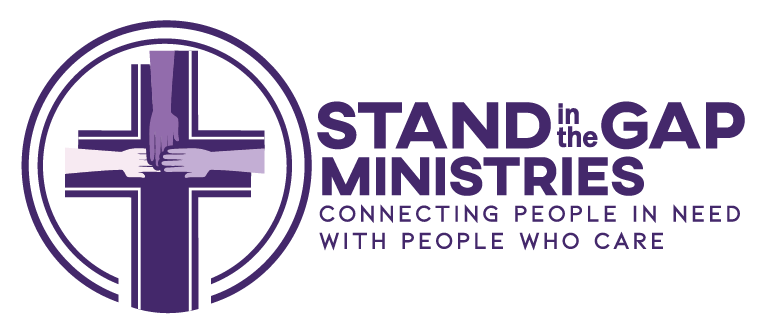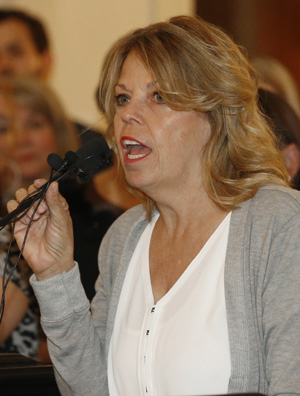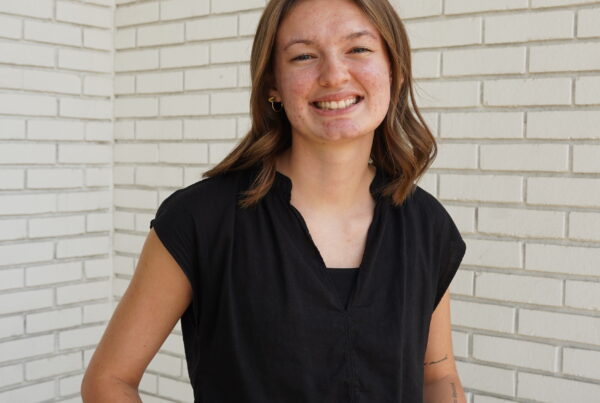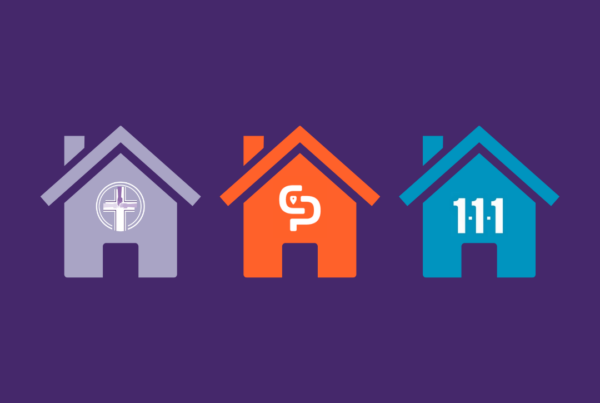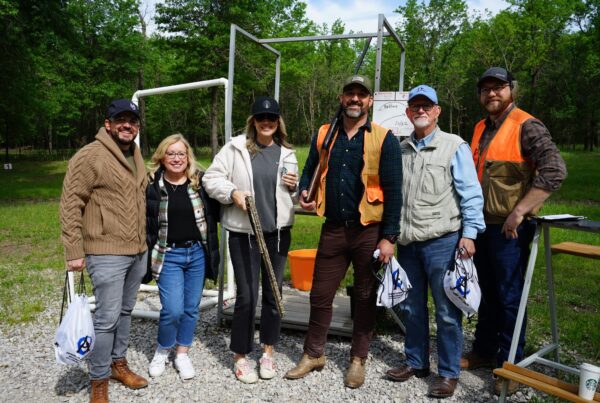Rhonda knows Oklahoma incarceration inside and out
Criminal justice reform is a hot topic in Oklahoma.
Oklahoma voters passed State Question 780 in 2016. 780 reclassified some drug and property crimes as misdemeanors instead of felonies. In 2019, Governor Stitt signed House Bill 1269 into law. 1269 made 780 retroactively apply to anyone with a relevant felony record.
Recently, the Governor formed a task force “to look at how to reduce Oklahoma’s incarceration rate, reduce the recidivism rate, and enhance and establish diversion programs.” He asked Stand in the Gap’s Rhonda Bear to serve on the 15-person task force. (Watch him declare Rhonda Bear Day!)
There is momentum for criminal justice reform in Oklahoma. (In spite of more bad news). But there was also a lot left on the table at the end of the 2019 legislative session.
Rhonda’s unique perspective as both the “rehabilitated” and the “rehabilitator” gives her a special voice on criminal justice reform.
This is what she wants you to know.
#1 Criminal justice reform is going to be a reality in Oklahoma.
We’ve had some false starts in the past. But with Governor Stitt’s leadership, I believe significant criminal justice reform will happen soon.
State question 780 and house bill 1269 are already making a major impact on our state. They mean that we may have 500-800 people leaving prison between now and December 31. In order for criminal justice reform to matter, these people need help.
We need people in the church who are willing to welcome people out of prison and into their church, into job opportunities, into Stand in the Gap families. It is HARD to change your life. And even harder (maybe impossible?) to do it alone. We really need volunteers in the church to get trained and get ready.
#2 But reforms don’t make the path easy.
780 means that many drug-related charges that used to be felonies are now misdemeanors. And 1269 made 780 retroactive. That’s great because it impacts people in prison now. People already serving on felony charges that are now misdemeanors can shorten their sentences and be released sooner. That saves the state money, reduces overcrowding, and reunites families.
But this change from a felony to a misdemeanor isn’t automatic.
For an individual, the process of commuting a sentence (even under 780) is tough. We have to go through the parole board to have a sentence changed. This will probably be a long and uncertain process.
People who have already served their time would have to hire an attorney to change their record. I’m not sure how much that would cost or how long it would take, but it would certainly not be cheap or simple.
#3 Scrapings in a baggy = 10 years (this is who we’re talking about)
Meth comes in a plastic baggy. After you’ve done all the drugs, there’s a little powder on the inside of the bag. That’s what we call scrapings.
I have a woman in one of my Women in Transition classes now named Susan. Susan was arrested with an amount of scrapings that would barely cover the tip of one finger. She got a 10-year sentence.
She’s 60 years old.
Do I believe she should have been punished? Sure.
But 10 years?!
Her sentence will be eligible to be commuted to a misdemeanor because of 780 and 1269.
#4 I’ve only found one way to stop the cycle…
Incarcerated women all have different stories and backgrounds. But many, like Susan (and like me), have been on the rollercoaster of addiction and incarceration. Without a radical change of scenery, the cycle will repeat itself.
Ex-offenders have to prepare to re-enter society. They have to learn skills like identifying boundaries. They have to plan ahead to have a safe place to live. And volunteers have to prepare to support them afterwards. (I’m working on that with Department of Corrections.)
It comes down to this: Reform is only as good as the support that these women have after incarceration.
The process of changing your felony record, of applying for a job (with a criminal record), of paying all your court fees, of getting a driver’s license… These are OVERWHELMING obstacles. And that’s nothing like trying to find your children.
When I came out of prison, my healthy relationship with my Stand in the Gap small group, together with my faith in Christ, saved my life. And it saved my children’s lives.
So as long as I’m fighting for criminal justice reform, I’ll also be fighting for what happens to women afterwards… for access to safe transitional living facilities, for employment and educational opportunities, and for the life-changing relationships of Stand in the Gap.
You can stop the cycle.
Your donation will empower Rhonda to recruit and train volunteers to form small groups of Stand in the Gap “families” around the hundreds of women who are potentially about to be released from prison.
Donate Now